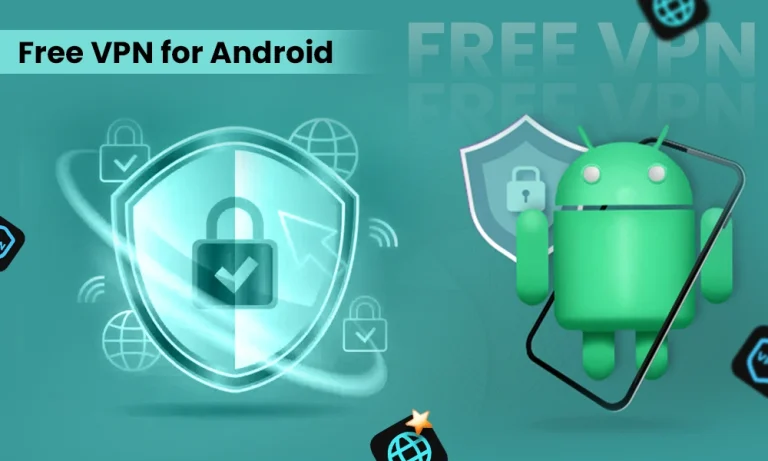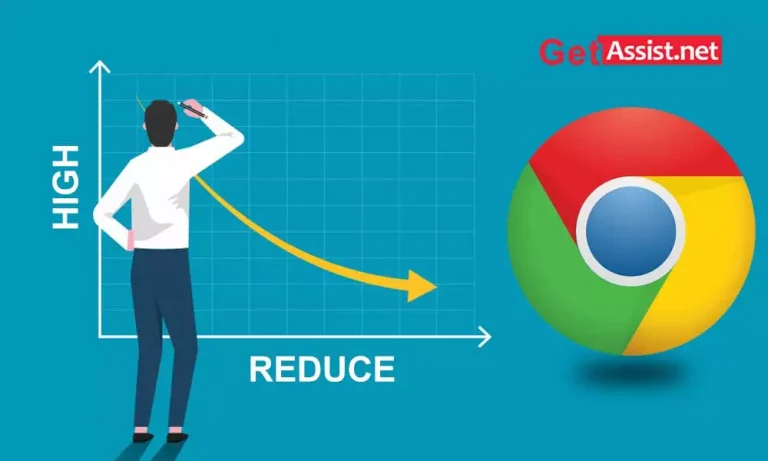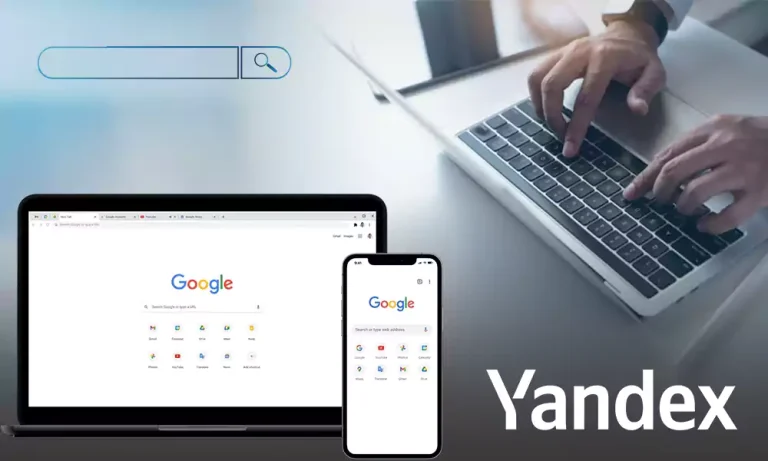Secure and Reliable Online Transactions: Understanding Your Options
Every transaction you make online exists alongside the risk of your payment information getting stolen. In 2020 alone, online transaction scams accounted for 38% of all other scams worldwide. Since then, the percentage has only seemed to rise. Thus, protecting your personal details is crucial while making digital payments.
Anyone looking to make a secure purchase online looks for ease, variety of choices, and speed quality, but most importantly, it’s the safety and security that the customer hopes for.
So how can one be sure about the safety of online payments?
There are some tested, reliable, and secured online transaction practices, which we’ll discuss in this blog. So dive right in!
Secured Online Payment Practices
Here are the top payment options that secure your online dealings:
Data Encryption
Data encryption is a security process that converts the data into codes or cipher texts that can only be accessed by the person having the key or password.
This SSL/TLS encryption has two layers, or you can call them as two key protocols that help to provide end-to-end protection. TLS is a cryptographic protocol that works to preserve data integrity for communications over the internet. It is the upgraded version of SSL.
To ensure having a secured transaction online, you can check for SSL-certified websites. All you need to do is check the URL for http:// or https:// protocol. The s signifies that the website is built with a secured e-payment system.
So the next time you proceed to make online payment, check whether the website is encrypted or not. And, if you are a business owner, make sure to upgrade the security system of your website to create a secure space for your customers.
Mobile Wallets and Bank Transfers
Bank transfers are always considered to be the safest form of transaction. You can make payments to businesses using Bacs Payment or other digital banking options. In today’s time, mobile banking applications or wallets are one step ahead of traditional methods and offer solid data protection.
Digital banking applications are regulated by Payment Card Industry Data Security Standards, which safeguard websites from threats. Plus, it allows customers to change their credentials like PIN and password on a website and payment gateway regularly to ensure a safe environment.
3D Secure
3D Secure is a special protocol designed to give an additional shield of protection for online debit and credit transactions. It is widely used in e-commerce platforms to verify customer’s identity. Moreover, it helps in authentication during the checkout process and is managed by the customer’s bank.
When the 3D Secure system is enabled, the customer is redirected to the debit or credit card webpage with the system. The webpage will request for one-time password, online banking passcode, or a security question to complete the verification process.
Payment Tokenization
This is another strong security protocol that replaces sensitive data and information like credit card numbers and passcodes with a set of unique characters known as tokens.
In case someone tries to steal the stored information, it wouldn’t be possible as the real payment details as already been replaced. Not just this, there are more benefits of payment tokens, which include:
- Reduces the risk of data breaches by enhancing the security level.
- PCI DSS compliance helps businesses to maintain customers’ trust.
- Helps businesses to manage the customer’s payment information more efficiently.
No matter whether you are an e-commerce retailer, run a brick-and-mortar store, or a subscription-based business, payment tokenization will help you construct a secure domain for the people.
Two-Factor Authentication
Two-step verification or dual-factor authentication is a security method that uses two different authentication methods to verify one’s identity. This process generally asks the user to give a password for the first authentication step and a security token or biometric (face ID or fingerprint) as the second-factor authentication.
You must have seen WhatsApp asking for two-factor authentication to protect your data. Another example is, when you make an online payment, the first step is to enter credentials and the second step is to enter the passcode sent to registered mobile or email.
Many banks and payment gateways use two-factor verification in their payment modes to provide secure payment experience for the customers.
Fraud Prevention and Monitoring
All the big companies, banks, gateways, and financial institutions build their own fraud prevention system that monitors and reports suspicious activities. Data analytics and machine learning play a significant role in tracking transactions and giving accurate results.
So these are the online transaction protocols that protect the site from cyber-criminal activities. Business owners must ensure to update their operating and security systems timely to prevent data breaches.
Moving ahead, let’s look at the precautionary measures one can take to protect their identity online.
Precautionary Measures for Online Transactions
These are the certain points you need to keep in mind while making payments online:
- Avoid using public Wi-Fi to make online purchases, as the data may get stored in other systems.
- Create a strong password for payment gateways and change them regularly.
- Raise tickets for unauthorized charges on your credit card or bank account.
- Stay away from fake email scams and verify your identity via phone number.
- Complete the two-factor authentication on the financial and personal platforms that you use.
- Do not save usernames, passwords, or card details on any online platform.
- Lastly, conduct transactions through a secured and private window.
Well, we know that digital transactions are the most convenient and efficient payment method, but users need to be cautious and take measures while making monetary transactions digitally.
So this was all about secure and reliable online transaction protocols or methods. We hope this blog has given insightful information to you. Don’t forget to share it with your friends and family to make them aware as well.






